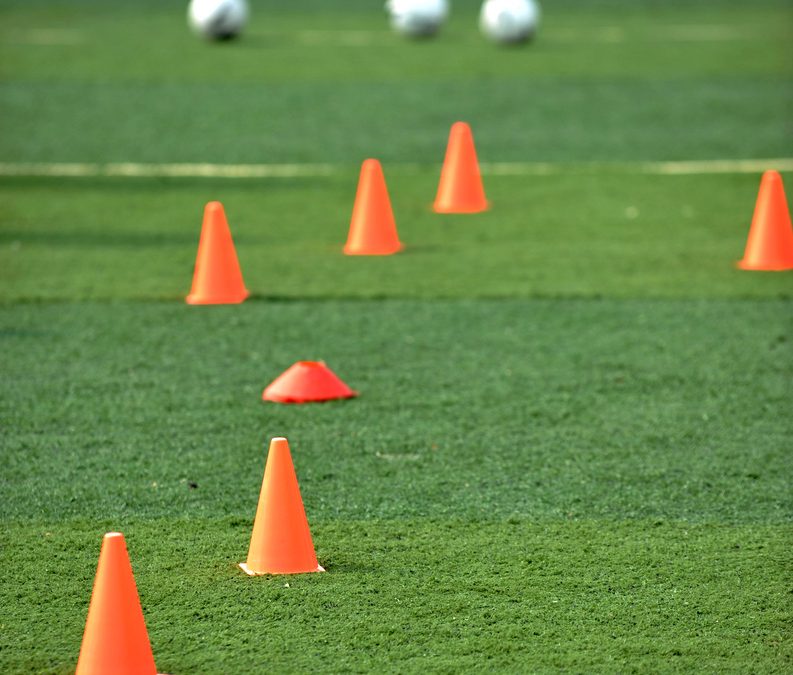Wow. It’s my first blog post. I wondered for days where to start.
So I’m starting with the why. Why is getting students in our lowest performing inner city schools ready for rigor important? Seems like a no-brainer. You might ask isn’t a rich curriculum and strong instruction enough? From my experience in the classroom and considering what the research says, the answer is clearly no. It’s not enough.
Just like students need conditioning to prepare for rigorous sports, urban students in under-resourced schools need cognitive conditioning to get them ready for rigorous activity in the classroom more than any other group of children.
The gap between their capacity to be reflective and analytical and what’s being asked of them is too great right now. I like Dr. Stanley Pogrow’s litmus test for recognizing when you are standing in that gap, the blank stare. They just look back at you without a clue as to how to answer the question or tackle the task.
What Rigorous Learning Requires
I was talking to a teacher about her frustration with the constant blank stares she gets from her students. “I don’t get why they don’t get it,” she said. Right.
We are going to continue to get the blank stare unless we do something different as we implement these new standards that call for close reading of complex text and more analytical thinking across all subjects. Here’s why…
- Rigor demands cognitive stamina. Thinking is hard work for the brain. It uses lot of glucose (its food of choice) during complex thinking. It fatigues fast if you have to think about how to process the information as well as attend to what it means. It uses less fuel and uses it more efficiently when it has cognitive structures in place to organize, categorize, sort and connect chunks of content. Rather than help students build those cognitive structures (which I’ll talk about in more depth in future posts), we over-simplify and over-scaffold. That’s counterproductive and self-defeating because in the long run students who haven’t built stamina become even more dependent as they progress through school. Which brings us to the next reason.
- Rigor requires more independent learning. Right now many of our urban students are dependent learners, meaning that if we want them to do higher order thinking or complex tasks they’d need extensive support, from modified reading materials to detailed scaffolding because they don’t have the cognitive conditioning necessary to perform higher order tasks. We have made them that way. Our scaffolds have become permanent crutches. Sounds counterintuitive but low-performing students need less “help” rather than more in order to become independent learners. Rigorous learning usually requires problem solving of some kind, especially with open-ended, unstructured tasks. That means you’ve got to know how to figure out where to start and how to make progress on the task all by yourself.
- Rigor asks one to be comfortable with ambiguity, failure, and confusion. During the learning process, there are often false starts and wrong turns. That’s just how it is, and we don’t freak out about it. We have to help struggling urban students reframe mistakes and confusions as information related to their thinking rather than confirmation of their ability. If you’ve ever had a knotty problem or a challenge, then you know that there’s that moment when you are confused and maybe a bit frustrated, but rather than throw your hands up and quit, you remind yourself that those feelings are part of the process. You might pull back a bit or even take a break to regroup. Low performing students often think that feeling means something else – “I’m not smart enough,” “I can’t do it,” or something to that effect. Carol Dweck talks about this in relationship to growth and fixed mindset. Rigor demands a growth mindset.
In this season of lesson planning, I hope we think deeply about why we really need to get students ready for what’s coming their way and get busy figuring out how to do it.
What are some of the reasons why you think it important to get students ready for rigor?


